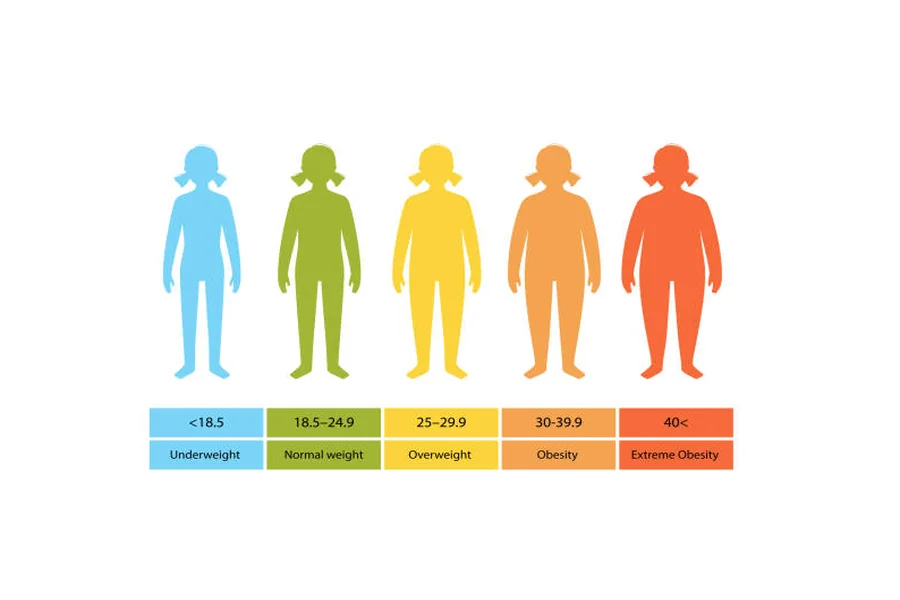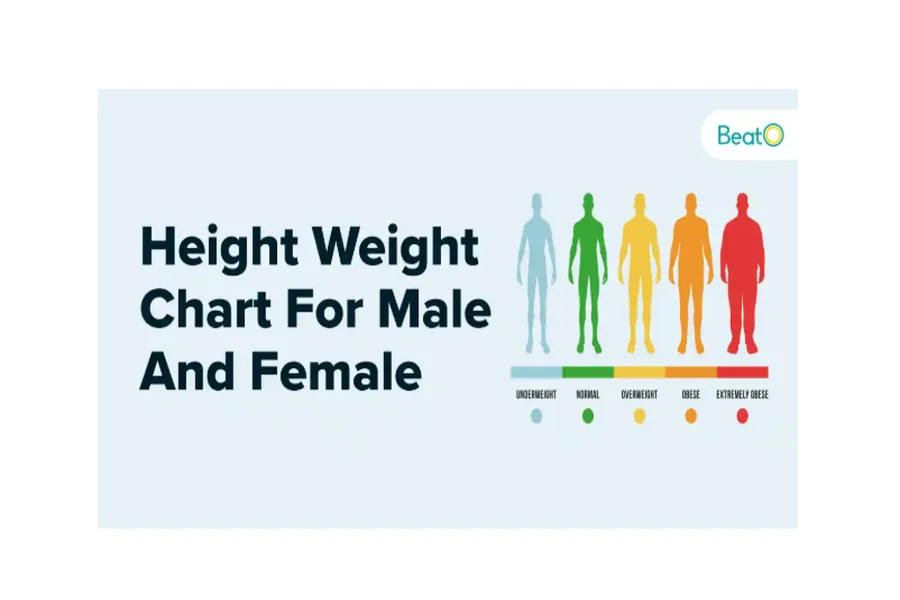When people talk about health or body image, one of the most common questions is: What is the average Height and Weight for women?
It’s not just curiosity—it’s often a search for normalcy in a world that places so much pressure on appearance.
In this article, we’ll go beyond the numbers and explore what these averages mean — from health guidelines to emotional well-being.
We’ll also take a deep look at:
- The official average Height and Weight for women
- How BMI and lifestyle affect these numbers
- The emotional side of body acceptance
- And how to stay grounded while navigating societal expectations
Let’s dive into the real story behind the data.
What Is the Average Height and Weight for Women?
The average Height for adult women in the United States is based on decades of national health surveys conducted by the CDC and other institutions.
Here’s a breakdown of recent U.S. health data:
| CATEGORY | AVERAGE MEASUREMENT |
| Age Group | 20+ years |
| Average Height | 5’3″ – 5’4″ (63–64 inches) |
| Average Weight | 170 lbs (77 kg) |
| Average BMI | 26.5 (overweight range) |
This doesn’t mean everyone should aim for “average,” — but it does offer insight into general trends across the country.
Comparing Averages Across the World
Women’s Height and Weight differ globally due to genetics, nutrition, and access to healthcare.
Here’s a quick global comparison:
| COUNTRY | AVERAGE HEIGHT (INCHES) | AVERAGE WEIGHT (LBS) |
| United States | 63.5″ (5’3.5″) | 170 lbs |
| Canada | 63″ (5’3″) | 160 lbs |
| United Kingdom | 63.8″ (5’3.8″) | 156 lbs |
| Japan | 60.6″ (5’0.6″) | 123 lbs |
| Netherlands | 67.3″ (5’7.3″) | 154 lbs |
While American women tend to be heavier on average, it’s important to remember that health isn’t defined solely by Weight — it’s about how you feel, move, and live.
Body Mass Index (BMI): A Tool, Not a Truth
One of the most widely accepted tools for measuring health is the Body Mass Index (BMI) — a formula that uses your Height and Weight to estimate body fat.
BMI Categories
| CATEGORY | BMI RANGE |
| Underweight | < 18.5 |
| Normal weight | 18.5 – 24.9 |
| Overweight | 25.0 – 29.9 |
| Obese | ≥ 30.0 |
Example: Woman Who Is 5’4″
- Weight: 125 lbs → BMI = ~21.5 → Normal weight
- Weight: 160 lbs → BMI = ~27.1 → Overweight
- Weight: 180 lbs → BMI = ~30.6 → Obese
While helpful, remember that muscle weighs more than fat, and BMI doesn’t account for muscle mass, bone density, or overall fitness.

Factors That Influence Your Ideal Weight
Your ideal Weight depends on more than just a chart or number. Here are some key factors:
| FACTOR | IMPACT ON WEIGHT |
| Age | Slower metabolism as you age |
| Muscle Mass | More muscle = higher weight |
| Bone Density | Some people naturally have heavier bones |
| Genetics | Family history affects body type |
| Lifestyle | Sedentary vs. active life changes needs |
| Diet | Nutrition plays a huge role |
| Medical Conditions | Thyroid, hormones, medications affect weight |
Understanding these helps take the pressure off rigid charts and focuses more on overall health.
Emotional Side of Finding Your Balance
Getting caught up in numbers is easy — especially when society emphasizes appearance.
But your worth is not tied to your Weight.
Many people struggle with:
- Body image issues
- Comparing themselves to others
- Feeling shame around weight gain
- Celebrating progress beyond the scale
“You don’t have to love every part of your body every day — but learning to respect and care for it is a powerful act of self-love.”
That kind of heart is rare and part of what makes the journey toward wellness so meaningful.
Frequently Asked Questions (FAQ)
Q1: What is the average Height and Weight for women?
A: In the U.S., the average woman is 5’3″–5’4″ tall and weighs around 170 pounds.
Q2: What is considered a healthy weight for women?
A: A healthy weight falls between 108–130 lbs for 5’0″ up to 139–163 lbs for 5’6″, depending on build and muscle tone.
Q3: Does BMI tell the full story?
A: No, BMI is a helpful tool but doesn’t tell the full story — especially for muscular individuals.
Q4: Can you be healthy at any size?
A: Yes! Fitness, nutrition, mental health, and regular check-ups matter more than a single number.
Q5: Should I follow average stats strictly?
A: No, individual needs vary based on age, genetics, and activity level.
Q6: Where can I find personalized advice?
A: Talk to a doctor, nutritionist, or certified trainer who can tailor a plan to your unique needs.
Tips to Stay Healthy and Balanced
Want to stay within a healthy weight range? Here are simple, science-backed tips:
- Eat balanced meals: Protein, vegetables, whole grains, and healthy fats.
- Drink water: Stay hydrated — sometimes thirst feels like hunger.
- Move daily: Aim for at least 30 minutes of walking or exercise.
- Get enough sleep: Poor sleep disrupts hunger hormones.
- Manage stress: Chronic stress can lead to overeating.
- Stay consistent: Small changes over time make a big difference.
Remember, it’s not about being perfect — it’s about making choices that support your body and mind.
Final Thoughts: Health Is More Than a Number
Your body is not a math problem — and while charts like the Average Height and Weight for women can guide you, they shouldn’t define you.
Health is about feeling good, having energy, and living a life you love — no matter your size.
So whether you’re working toward a goal or simply trying to understand your body better, remember this:
You are worthy of health, happiness, and confidence — exactly as you are.
Follow for More Wellness Tips
Stay connected for more health insights, motivation, and tools to live your best life:
| PLATFORM | ACCOUNT LINK |
| Healthy Living Tips | |
| Wellness Journey Community | |
| Healthy Recipes & Routines | |
| YouTube | Fitness & Mindfulness Channel |



